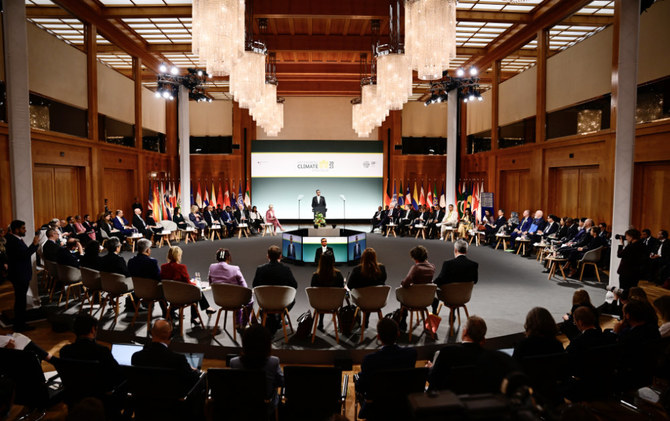
apitalism is on a collision course with human life and the future of our planet. Each year, air pollution takes more lives than smoking: the last estimate suggests 8.8m deaths across the world, compared with 7m from cigarettes.
As documents seen by the Guardian reveal, the oil industry has known for half a century that pollution caused by the burning of fossil fuels poses severe threats to human health. By the late 1960s, Shell’s internal documents warned air pollution “may, in extreme situations, be deleterious to health”, while by 1980, Imperial College was warning of “birth defects among industry worker offspring”. And yet the same industry actively lobbied against clean air regulations proposed to protect health and save lives.
This may cause moral revulsion, but the behaviour is perfectly rational. An economic system based on accumulating profit will downgrade all other considerations, including the sanctity of human life. There is no economic incentive for a fossil fuel company to willingly support measures that minimise the detrimental impact of their relentless search for profit: indeed, quite the opposite.
Take another example of a product that has a detrimental impact on the environment and our health: meat. Eating too much processed and red meat is bad for health, while meat and dairy production accounts for 14.5% of global greenhouse emissions. But healthier diets and lower emissions as a result of lower meat consumption would not accord with big meat’s desire to maximise profits. In 2014, the industry splashed out around $10.8m (£7.7m) in campaign donations, and another $6.9m lobbying the federal government. That investment paid off: in 2015, the US Departments of Agriculture and Health and Human Services declared that sustainability would not be considered as a factor in their flagship dietary guidelines.
In western countries, capitalist economic systems go hand-in-hand with politically democratic ones, theoretically providing checks and balances to corporate interests. However, in reality there is often a direct correlation between political influence and economic power. One 2014 study by US academics concluded that the US was an oligarchy rather than a democracy, because “economic elites and organised groups representing business interests have substantial independent impacts on US government policy, while average citizens and mass-based interests groups have little or no independent influence”. In other words, organised wealthy interest groups – like fossil fuel companies – had a powerful impact in shaping government policy; ordinary citizens didn’t.
In the three years following the Paris agreement it was reported that the largest five stock market listed oil and gas companies spent nearly $200m (£153m) a year lobbying to delay, control or block policies to tackle climate change. Fossil fuel companies understand the need to signal their green credentials in an age of growing public awareness about the climate crisis, but are accused of “greenwashing” by activists. Recently, in a complaint to the Federal Trade Commission, a group of environmental NGOs challenged the oil major Chevron, saying that its climate-friendly image is misrepresentative when fossil fuels are still at the heart of its operations.
Executives and shareholders will safeguard and increase their wealth – which they will pass on through the generations to their fortunate children, giving them the financial means to protect themselves from the consequences of the climate crisis engineered by their ancestors. The planet, and the rest of us, will not be so lucky. Unless we are able to bring global temperatures below a 1.5C increase on their pre-industrial levels by 2030, we will suffer even more severe consequences.
In 2020 we saw deadly floods in Indonesia and Bangladesh, bushfires in Australia and wildfires in California, both drought and record rainfall in China, Siberian wildfires and extreme storms from the Philippines to Nicaragua. A growing climate emergency means ever greater threats to water and food security, destabilised ecosystems, and millions driven from their homes, no doubt to be demonised as refugees and migrants by the wealthy nations most responsible for emissions.
According to one report, the top 100 companies are responsible for 71% of global greenhouse gas emissions, while the poorest half of humanity are responsible for just 10% of global emissions. Yet it will be the global south that pays the heaviest price. This is not a bug of capitalism: it is a central feature. The remorseless search for profit – and an economic system that enables the capture of our political systems by multinational companies with bottomless pockets – represents a fatal threat to our health, to our lives, and to our planet. Without a determined effort to drive back the political power of these corporate titans – which means questioning the very fundamentals of our economic system – our planet will continue to perish. Time is not on our side.












